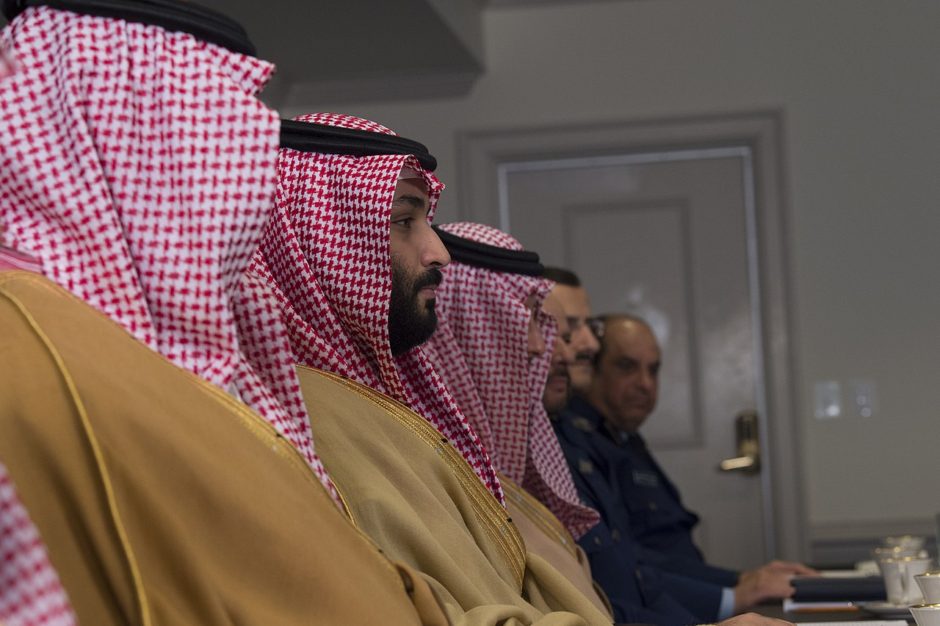If you take Prime Minister Benjamin Netanyahu at his word, Israel and Saudi Arabia could be on the cusp of establishing diplomatic relations and becoming good neighbors and even allies. This may happen one day, but at the moment, there are no solid indicators that this scenario will pan out. If anything, the Saudis still regard Israel as a pariah to be shunned.
On December 3, for the second straight year, the Saudi Arabian government barred Israelis from participating in an international chess tournament due to be held in Riyadh.
Despite the Saudis’ brazen refusal to issue visas to Israelis, Netanyahu remains upbeat. On December 8, he said he hopes to formalize Israel’s ties with Saudi Arabia before the next general election in November 2019. Since he did not elaborate, it’s puzzling why Netanyahu is so sanguine. One can only conclude that he is privy to information he has not shared with the Israeli public.
One obvious reason for Netanyahu’s optimism is Iran. The Islamic Republic of Iran is not only Israel’s arch enemy, but Saudi Arabia’s bitter adversary in the region. Despite their very real differences on the Arab-Israeli conflict, Israel and Saudi Arabia have a common strategic interest in containing Iran, which exerts a baneful and destabilizing influence on the Middle East through proxies like Hezbollah, Hamas and the Houthis in Yemen.
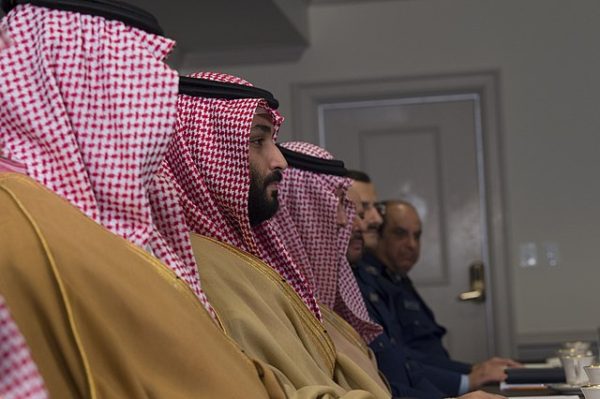
For this reason, Netanyahu has rallied behind the power behind the Saudi throne, Crown Prince Mohammed bin Salman, following credible accusations that he played a pivotal role in the assassination of Saudi dissident journalist Jamal Khashoggi in Istanbul on October 2.
Although Netanyahu has described Khashoggi’s murder as “horrendous,” he has stressed that the crown prince is a valuable partner in the informal alliance against Iranian encroachments in the Middle East and should not be punished or ostracized.
Netanyahu’s public relations campaign on behalf of the crown prince has paid no dividends, judging by the Saudis’ negative attitude toward the presence of Israeli chess players in their country.
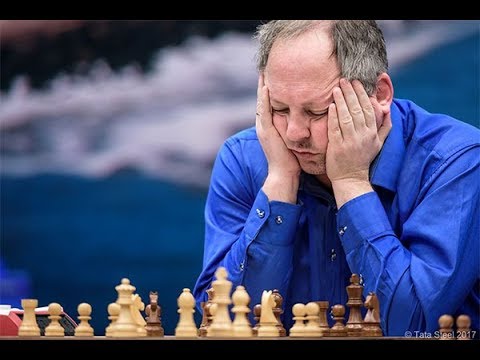
Seven Israelis were to have participated in the World Blitz & Rapid Championship, which was scheduled to take place in the Saudi capital from December 25-31. But after the Israelis were rudely informed they would not be granted entry visas, the Israeli grandmaster, Ilya Smirin, and the former spokesman of the Israeli Chess Federation, Lior Aizenberg, wrote to the International Federation of Chess to ask whether it would allow host countries like Saudi Arabia to discriminate against Israelis. They sent their letter in conjunction with the Lawfare Project, a non-profit Jewish civil rights organization.
After mulling over the matter, the International Federation of Chess announced that Saudi Arabia had been stripped of the championship and that it would be held in Russia instead.
Stripping the Saudis of the privilege of hosting the tournament was, of course, the correct decision. As the Lawfare Project pointed out in a statement, a host nation is obliged to grant access to tournaments to “representatives of all (chess) federations” and cannot engage in “discriminatory” behavior.
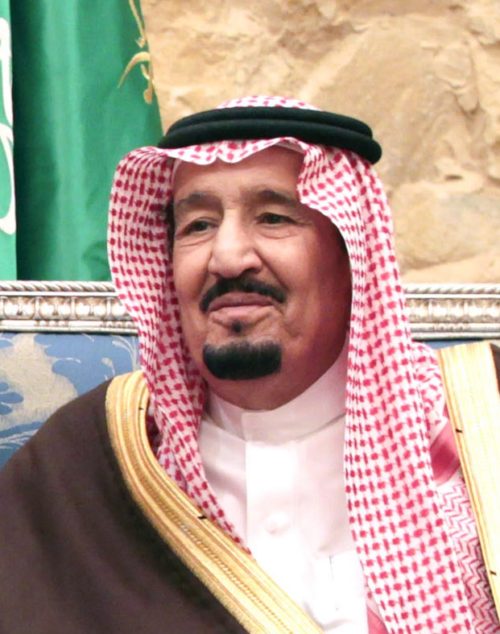
Saudi Arabia’s unjust treatment of Israelis is indicative of the fact that the House of Saud, led by King Salman, is far from ready to forge official relations with Israel. Contrary to Netanyahu’s misplaced notion, the Saudis are not likely to establish formal diplomatic relations with Israel unless Israel’s long-running and seemingly intractable dispute with the Palestinians is resolved.
At this point in time, the Israel-Palestinian peace process is dead in the water, and Netanyahu would be deluding himself to assume that Saudi Arabia — the seat of Islam — would jeopardize its status among Muslims to satisfy his geopolitical needs and desires.
Netanyahu, however, has made some headway elsewhere in the Muslim world.
In October, he paid a surprise visit to Oman, and in November, he met the president of Chad, Iddriss Deby, in Jerusalem. Significantly enough, Deby expressed an interest in reestablishing relations with Israel, which were broken off under Arab pressure in the early 1970s.
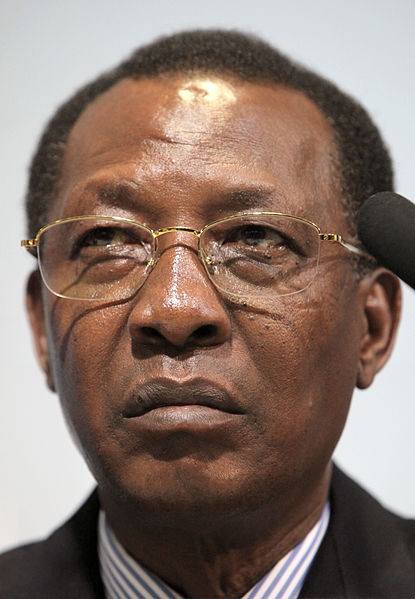
Since then, Netanyahu has disclosed that Israeli aircraft now have permission to fly over Oman and Sudan, which, until quite recently, had cordial relations with Iran.
To Israel, these are steps in the right direction. But as far as Saudi Arabia is concerned, Israel is still a pariah state unworthy of official recognition and acceptance.
